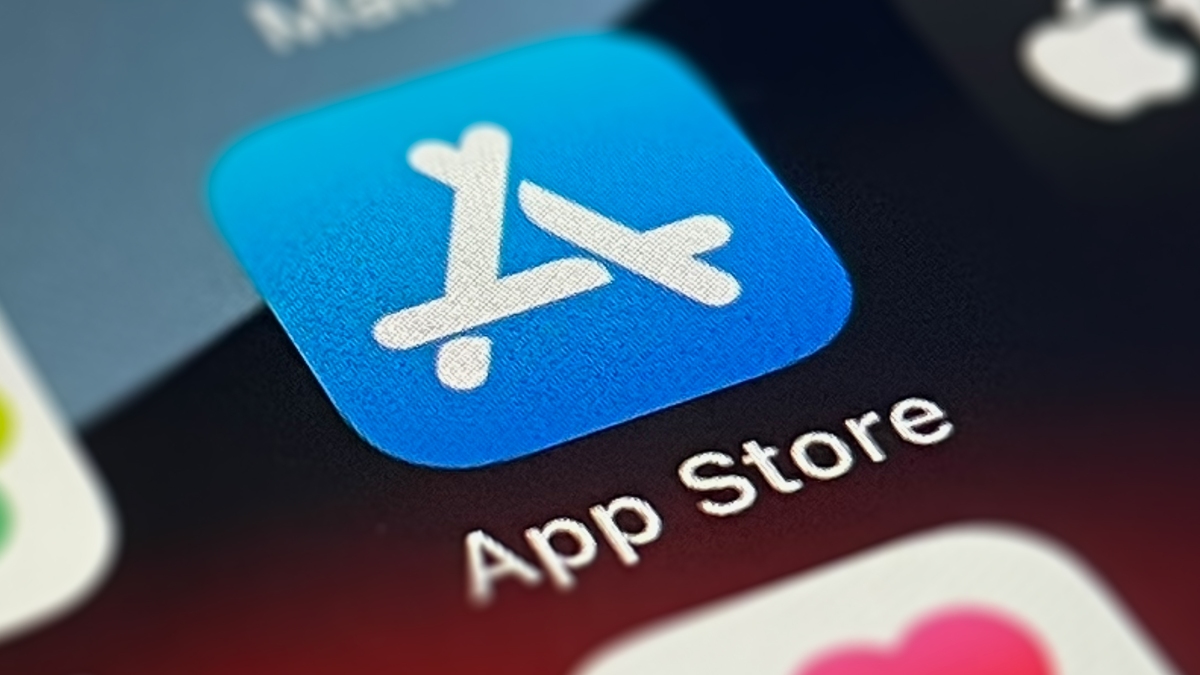Apple rolled out software updates — iOS 16.1, iPad OS 16.1 and macOS Ventura — to all users on Monday. It also introduced new App Store rules that limit features unlocked through NFTs and mandates apps to use Apple’s payment method to purchase “boosts” for posts on social media.
The company said apps are allowed to list, mint and transfer, and let users view their own NFTs (Non-Fungible Tokens). However, the ownership of NFTs shouldn’t unlock any more features within the app. Plus, these apps can let users browse other collections but they shouldn’t show external links, buttons or call to action to purchase NFTs. Users can only purchase NFTs through Apple’s in-app payment system.
The company is also prohibiting apps to use other mechanisms such as QR codes or cryptocurrencies to give special access to users.
“Apps may not use their own mechanisms to unlock content or functionality, such as license keys, augmented reality markers, QR codes, cryptocurrencies and cryptocurrency wallets, etc,” it said.
Folks from the industry pointed out that these changes could have serious implications on the functionality of web3-dependant apps (including games) within the Apple ecosystem. Until now, they might be using NFTs as a way to thwart Apple’s App Store fees and simultaneously as a token or key to unlock features for users — but that won’t be allowed anymore.
Notably, Meta has started rolling out features for users to show off their NFTs across both Instagram and Facebook. The company has also expressed a desire to open a marketplace for artists to sell their digital creations. But this step from Apple means it might have to pay App Store fees if the marketplace is made available on iOS.
The company is also cracking down on cryptocurrency exchanges as it now mandates them to have “appropriate licensing and permissions to provide a cryptocurrency exchange” in all regions they operate in. So Apple now has the power to remove a crypto exchange from a local App Store if it deems the app to be illegal for that region.
With new App Store rules, Apple said that marketers don’t need to use in-app purchases to manage and purchase campaigns across different media types like TV, apps and outdoors. However, they will have to use Apple’s in-app purchase system to buy boosts for social media posts — this would only apply to apps offering in-app tools for promoting posts. That means Apple will take a cut out of those sales, which might result in platforms hiking boost fees.
This could impact companies like Meta, TikTok and Tinder, which offer in-app boosts.
Resellers: Depop, etsy, poshmark (ebay?)
Dating apps: hinge, tinder, bumble
Influencers: Tik Tok, Instagram, tumblr all have very low scale quick ways to boost your posts. Tik Tok screenshot below pic.twitter.com/t0ZX6YflHd
— eric xcx (@ericherber) October 24, 2022
Over the last few years, Apple has had to reduce its App Store fees and allow third-party payment systems for in-app purchases in many regions across the world. With these new rules, the company has added new possible ways to earn money using the App Store. These changes have also brought back concerns regarding Apple’s anti-competitive practices and its tight control over how apps conduct their business on the App store.


